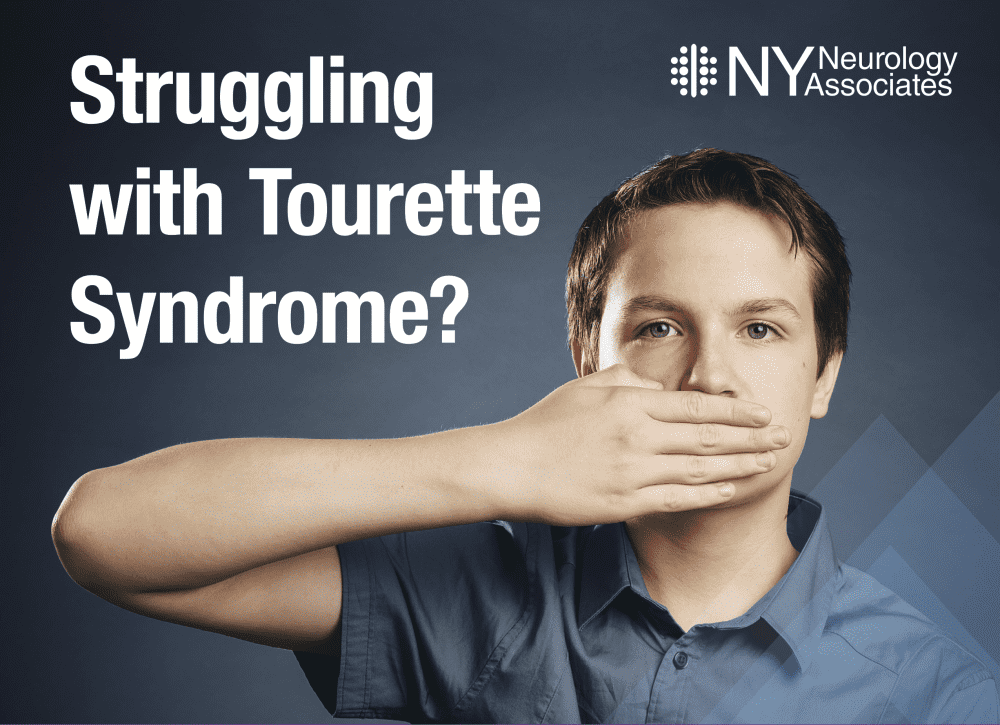
A Third of Eligible Migraine Patients Were Not Offered preventive therapy
Find out why a third of eligible migraine patients were not offered preventive therapy and
Published in the journal Neurology, the study followed 800 women over the course of 40 years. Started in 1968, it required participants to take a personality test measuring levels of neuroticism and extroversion. Women in the study were asked if they ever experienced long periods of severe stress and then took a series of memory tests.
During the follow-up, which took place in 2006, researchers learned that roughly one fifth of the participants had developed some form of dementia. Women who had reported levels of neuroticism were much more likely to have developed Alzheimer’s, specifically. They also demonstrated a clear statistical correlation between dementia and women who had experienced extended periods of stress. Those that have a tendency to be neurotic often display certain personality traits such as excessive worry, mood swings, distress, and the inability to manage stress. Scientists are aware that various factors make up the risk of developing dementia, and because personality often influences lifestyle, behavior, and coping mechanisms, it can have a huge impact on our mental health.
Researchers noted that introversion and extroversion did not have an effect on whether women developed Alzheimer’s. However, they did find that shy women who were also worriers usually had the highest risk for developing a form of dementia later on. Many other factors have been researched in regards to Alzheimer’s, including genetics, education, and family history. This was the first study of its kind that measured people from middle to old age, and it clearly showed that personality has an effect on our risk for cognitive decline.
One of the top researchers of the study noted that “some studies have shown that long periods of stress can increase the risk of Alzheimer disease, and our main hypothesis is that it is the stress itself that is harmful. A person with neurotic tendencies is more sensitive to stress than other people.”
Gary Starkman

A Third of Eligible Migraine Patients Were Not Offered preventive therapy
Find out why a third of eligible migraine patients were not offered preventive therapy and

New NYNA Tourette Syndrome Study
Learn how NY Neurology Associates is advancing Tourette syndrome care with innovative treatments and a

Seizures: Understanding and Overview
Discover what causes seizures, how to recognize key symptoms, and the steps that help keep
